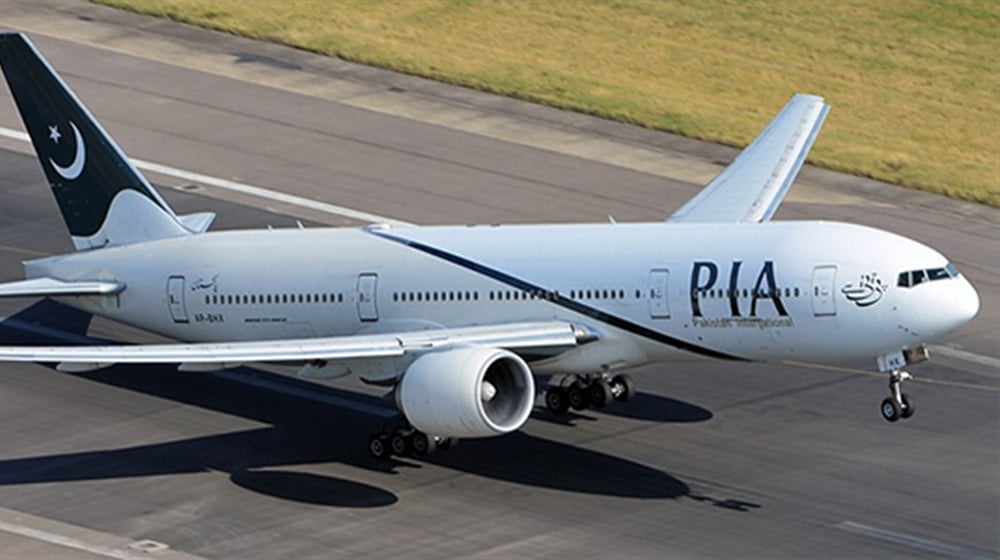
Privatization of Pakistan International Airlines has picked up pace in the past few weeks. The management of the flag carrier is meeting on short notice next week to discuss the sale.
While some advocate for selling PIA to the highest bidder for maximum profit in dollar terms, a few analysts emphasized caution over a hastened sale. Finance Minister Muhammad Aurangzeb said last week the federal government wants to be done with the PIA sale by June 2024.
A key concern is the potential outflow of profits and royalties if PIA is sold off to a foreign buyer. While the sale would reap short-term dollar inflows and clear the burden off the state debt pile, giving ownership to a domestic buyer or a consortium of local investors would be more beneficial.
Maintaining local control over PIA will safeguard our national interests. But outside investments cannot be entirely ruled out and both political feelings and gossip differ on the extent to which foreign buyers can be involved.
“Sell non-controlling shares to foreign groups in partnership while retaining management rights. Simply avoid foreign ownership to prevent route and asset sell-offs. The stock is historically toxic but has shown massive growth in the past 6 months too quickly to call it junk. Don’t lose control,” someone privy to the privatization process told ProPakistani.
PIA rose 15 percent this week, bringing its total gain in the past year to almost 630 percent.
Regardless, facts don’t care about our feelings, and the operational challenges facing PIA cannot be overlooked. Even if sold at a high valuation, sustaining airline operations requires big money. Are local investors or businesses capable of effectively managing PIA’s operations in the long run? Logic says no.
Recent experiences with privatization highlight the risk associated with relying on individual sponsors. If the federal government still wants a foreign buyer in charge in exchange for a share in future profits, then it should be carefully examined which foreign groups have established operational frameworks and what they can offer.
Questions arise regarding the government’s role in the PIA privatization process and the decision-making structure. History is important and mistakes of the past shouldn’t be repeated.
But repeating mistakes is second nature to our system. Last week a meeting of the steering committee on outsourcing Islamabad, Karachi and Lahore airports was held under the chairmanship of Foreign Minister Ishaq Dar. In principle, this move undermines a sitting Finance Minister and creates decision-making problems that could push current plans of selling off PIA beyond 2024.
Finance Minister Muhammad Aurangzeb’s reduced influence in key committees raises concerns about effective policymaking and implementation, particularly regarding critical issues like debt restructuring and interest rates. Please note that Aurangzeb is a seasoned banker and recipient of high praise from local commentators on X.
Past attempts to sell PIA were unsuccessful due to a multitude of factors and Ishaq Dar was responsible for some of them. During this time, the flag carrier had to reduce operations due to crippling financial health.
The privatization of PIA presents a complex dilemma. While hoping for big profits isn’t a crime, ensuring operational health is equally imperative. Striking the right balance between foreign investment and local control, coupled with effective government oversight, will be crucial in determining the success rate of PIA’s privatization.